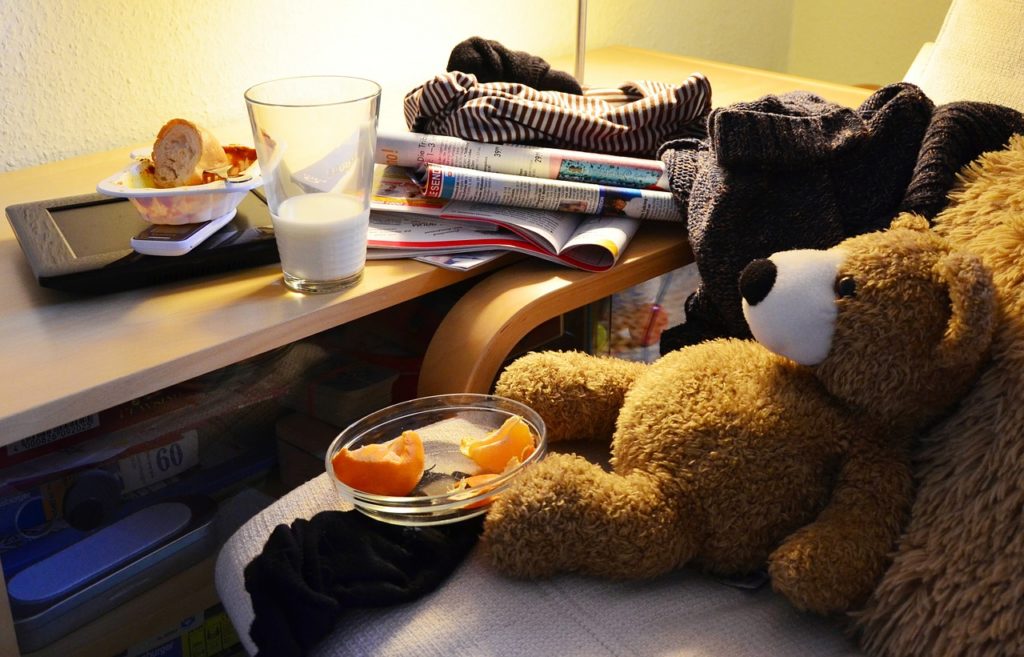
Many individuals who shop compulsively may be mistaken for having a lack of self-control, but the reality is far different from what may be outwardly expressed.
People who struggle with compulsively shopping behaviors often shop excessively, not out of necessity, but rather to achieve the sense of “high” that comes with purchasing a product, item, service, etc.
Some of the most common signs of compulsive shopping include the pattern of shopping when feeling distressed emotionally, continuously spending more money than one can realistically afford, being consumed with shopping, sales, etc., feeling a loss of control, guilty, or embarrassed about shopping behaviors, feeling anxiety or a sense of euphoria when shopping and more.
Some individuals who are addicted to shopping or who struggle with compulsive shopping habits may exhibit signs and symptoms in a range of intensity.
While some people may max out credit cards or spend entire pay checks on shopping sprees, other individuals may go to more extreme lengths, such as taking out a second mortgage on a home, using a business loan and more.
Shopping Addiction to Hoarding
Many people who compulsively shop may find themselves collecting the items they are purchasing, often storing products that go unused.
This is often due to the fact that compulsive shoppers are addicted more to the act of shopping and buying rather than the need for a particular item in itself.
Compulsive shoppers may have closets or rooms full of items, such as clothes, shoes, home goods, and more, many that go unused as the compulsive shopper continues the cycle of buying and purchasing.
If you or someone you love has struggled with compulsive shopping and hoarding behaviors, be sure to reach out to someone you trust who can help guide you through recovery.
The behaviors associated with compulsive shopping, such as hoarding, are extremely complex and must be approached professionally in order for a person to find help and healing.
Learning to address any potential underlying issues associated with compulsive shopping can be effective in helping a person overcome these behaviors.

About the Author: Crystal is a Masters-level Registered Dietitian Nutritionist (RDN) with a specialty focus in eating disorders, maternal/child health and wellness, and intuitive eating. Combining clinical experience with a love of social media and writing, Crystal serves as the Special Projects Coordinator for Eating Disorder Hope/Addiction Hope, where her passion to help others find recovery and healing is integrated into each part of her work.
As a Certified Intuitive Eating Counselor, Crystal has dedicated her career to helping others establish a healthy relationship with food and body through her work with EDH/AH and nutrition private practice.
The opinions and views of our guest contributors are shared to provide a broad perspective of addictions. These are not necessarily the views of Addiction Hope, but an effort to offer discussion of various issues by different concerned individuals.
We at Addiction Hope understand that addictions result from a combination of environmental and genetic factors. If you or a loved one are suffering from an addiction, please know that there is hope for you, and seek immediate professional help.
Reviewed By: Jacquelyn Ekern, MS, LPC on January 13, 2016
Published on AddictionHope.com
